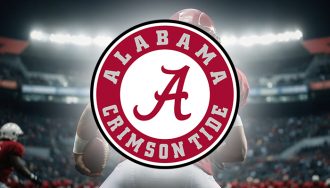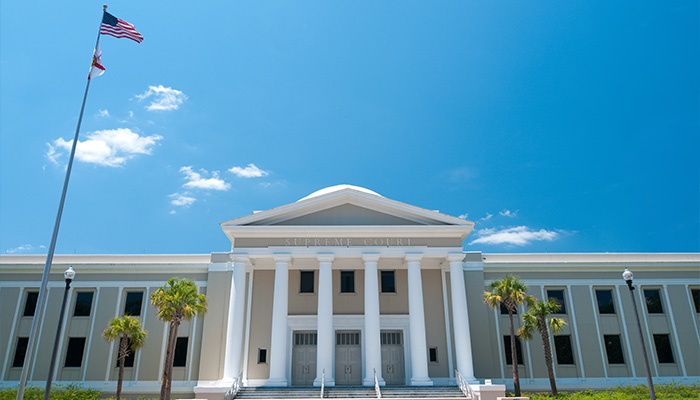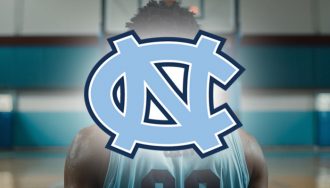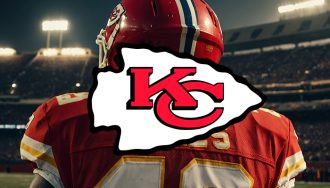 Betting Bill Fails to Get Past Alabama Conference CommitteeRead Article
Betting Bill Fails to Get Past Alabama Conference CommitteeRead Article Lisa SpencerMay 18, 2024
Lisa SpencerMay 18, 2024
The Seminole Tribe of Florida has requested the state Supreme Court dismiss a legal challenge to its mobile sports betting operations by rival gambling companies West Flagler Associates Ltd. and Bonita-Fort Myers Corp.
In a legal brief, the Tribe contends the operations were legally authorized under a 2021 gaming compact with the state and comply with both state and federal regulations on tribal gaming.
The Legislature approved the compact allowing online sports betting through servers on Seminole land in a “hub and spoke” model. The state stands to gain an estimated $2.5 billion over five years under revenue sharing provisions.
After surviving federal court scrutiny, the Tribe began gradually rolling out its mobile app. But Amendment 3, approved by voters in 2018, requires statewide referendums to expand casino-style gambling. West Flagler and Bonita-Fort Myers subsequently sued in state court to block mobile betting under the amendment.
The Seminoles counter that the gaming compact’s online betting provisions fall squarely under exemptions in Amendment 3 preserving the right to negotiate gaming deals under the federal Indian Gaming Regulatory Act (IGRA). The brief stated:
Nowhere does the plain language indicate that the gaming the parties agree to include in a compact must occur only or exclusively on tribal lands.
It then went on to say that the IGRA allows parties to “use its allocation of jurisdiction provisions to deem wagers to occur where received for regulatory purposes.”
The brief adds that in crafting the gaming compact’s mobile betting provisions, lawmakers drew on similar sports betting laws already enacted in six other states. It also states that there is zero evidence that Amendment 3 was intended to limit the authority that the tribe already had.
With high-profile college bowl games and the Super Bowl – the most bet on event in the US sporting calendar – approaching, pressure is rising for the state Supreme Court to issue a timely ruling on the case.
A ruling for the Tribe would secure its exclusive right to mobile sports betting under the gaming compact. But if the court invalidates those provisions, the landmark deal could require renegotiation just two years after taking effect.
For now, the case has once again propelled Florida to the forefront of evolving American sports betting laws. And the state Supreme Court’s eventual decision could shape tribal gaming negotiations nationwide by either expanding or curtailing permissible online betting options.
As both supporters and opponents anxiously await the court’s decision, the Seminoles are moving ahead with their phased launch plans for mobile betting in Florida. While continuing to expand their customer base, the Tribe is also upholding revenue sharing commitments to the state pending further legal clarity.
For the Seminoles and the State of Florida, the stakes are high to protect and capitalize on their vision for remote sports betting. But challengers warn of the urgent need to reinforce Amendment 3’s commitment to let voters, not lawmakers, decide on major gambling expansion in Florida.
 Betting Bill Fails to Get Past Alabama Conference CommitteeRead Article
Betting Bill Fails to Get Past Alabama Conference CommitteeRead Article Lisa SpencerMay 18, 2024
Lisa SpencerMay 18, 2024 North Carolina Lawmaker Introduces Bill to Ban College Prop BetsRead Article
North Carolina Lawmaker Introduces Bill to Ban College Prop BetsRead Article Lisa SpencerMay 15, 2024
Lisa SpencerMay 15, 2024 November Referendum on Sports Betting Likely in MissouriRead Article
November Referendum on Sports Betting Likely in MissouriRead Article Lisa SpencerMay 13, 2024
Lisa SpencerMay 13, 2024